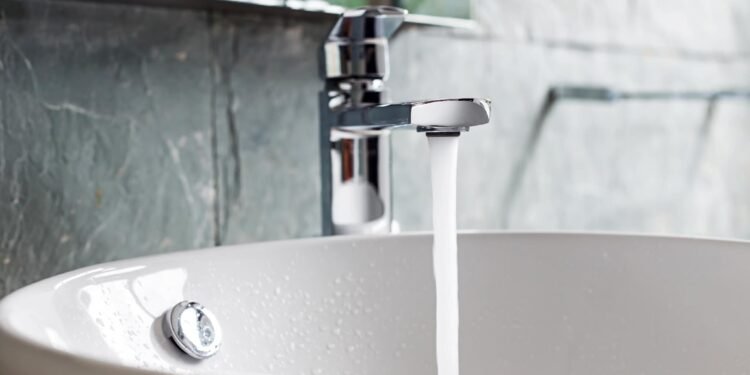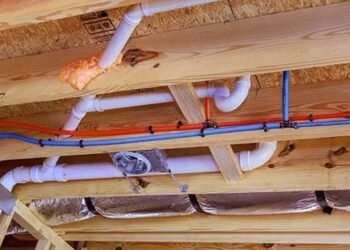The climate crisis spearheads a global movement towards sustainability, and the home environment has become a focal point for many in their quest for a greener lifestyle. Yet, while many turn to solar panels, electric cars, and energy-efficient lighting, one key area that often goes overlooked is the plumbing in homes. Consult your plumbing contractor and make the switch to these sustainable plumbing options today!
Low-Flow Fixtures
The average American household uses approximately 300 gallons of water daily, and much of this water is wasted with traditional plumbing fixtures. Inefficient toilets, showerheads, and faucets can lead to unnecessary water consumption that can easily be reduced by switching to low-flow fixtures.
Low-flow toilets use significantly less water per flush than older models, with some using as little as 1.28 gallons per flush compared to the standard 1.6 gallons. Similarly, low-flow showerheads and faucets use less water without sacrificing water pressure, ensuring you can still enjoy a comfortable shower or wash your dishes efficiently.
Greywater Recycling
Greywater is wastewater from showers, sinks, and washing machines that can be safely reused for non-potable purposes like watering plants or flushing toilets. By recycling greywater in your home, you can significantly reduce the amount of potable water used, thus reducing your overall water consumption and utility bills.
Various systems are available for greywater recycling, from simple diversion devices that redirect greywater to a specific area in your yard to more advanced filtration systems that can treat and reuse greywater inside the home. Whichever system you choose, incorporating greywater recycling into your plumbing system is a smart way to reduce water waste and promote a more sustainable lifestyle.
Tankless Water Heaters
Traditional water heaters keep a large tank of water heated at all times, even when it’s not in use, wasting energy. On the other hand, tankless water heaters heat water on demand, meaning they only use energy when hot water is needed. This results in significant energy savings over time and reduces your carbon footprint.
Furthermore, tankless water heaters have a longer lifespan than traditional tanks, reducing waste from frequent replacements. They also occupy less space, making them ideal for smaller homes or apartments. While they may have a higher upfront cost, the long-term savings and environmental benefits make tankless water heaters a worthwhile investment for any eco-conscious homeowner.
By implementing these eco-friendly plumbing solutions, you can significantly reduce your environmental impact and save money on utility bills. Call a professional plumber today to discuss how you can incorporate these sustainable solutions into your home and join the movement toward a greener future.












